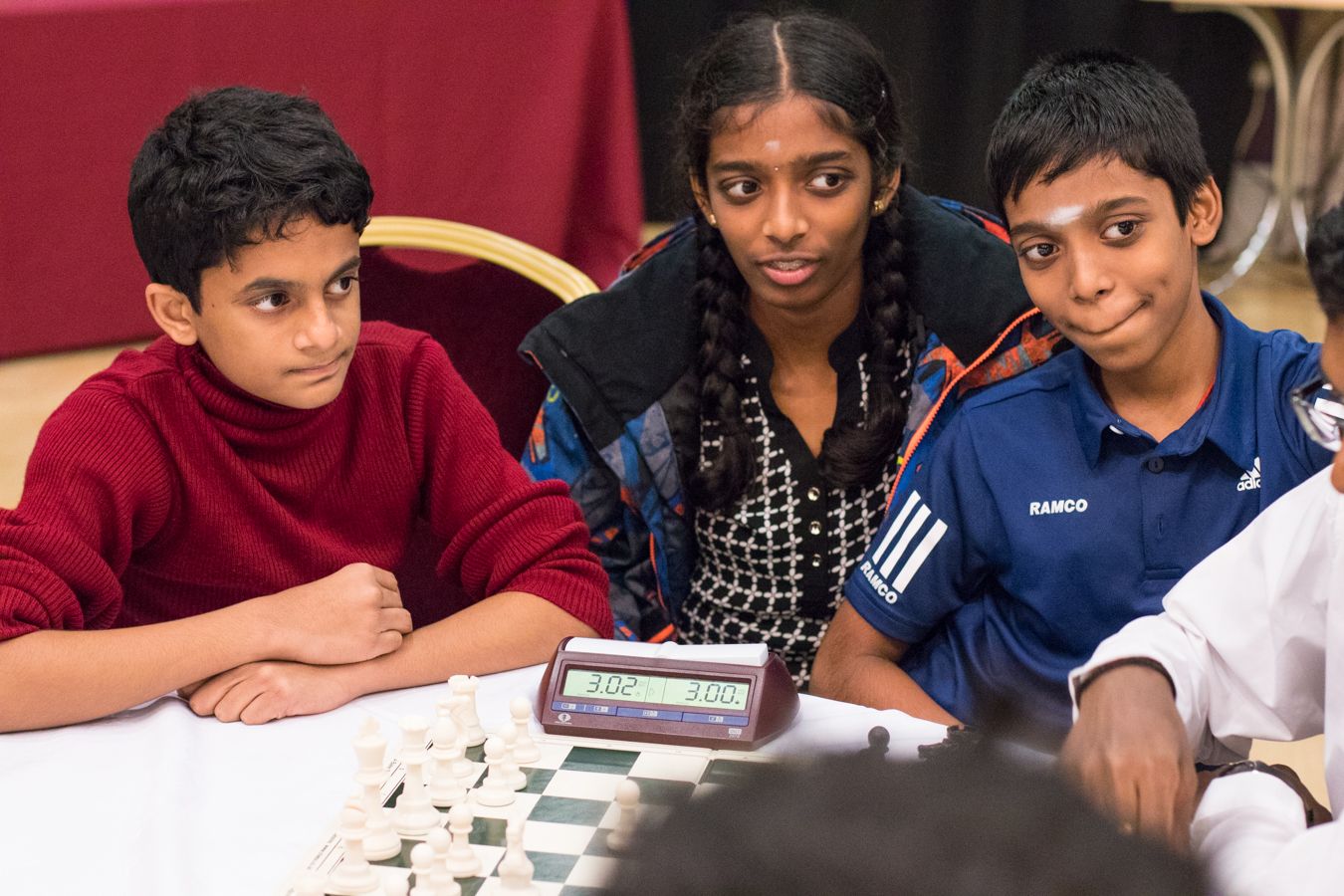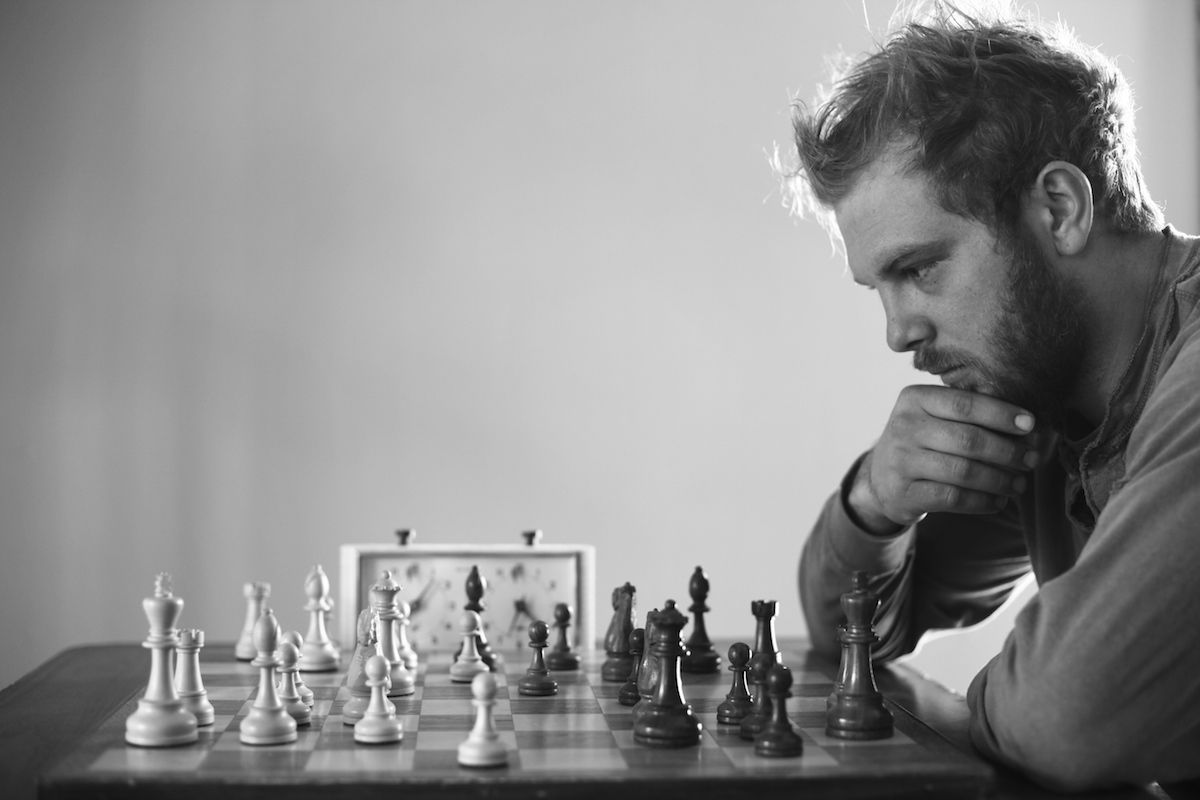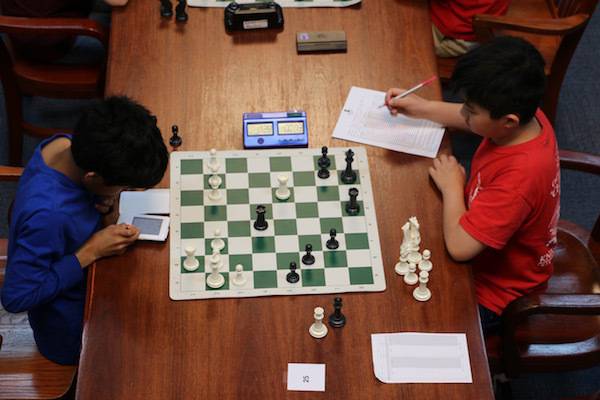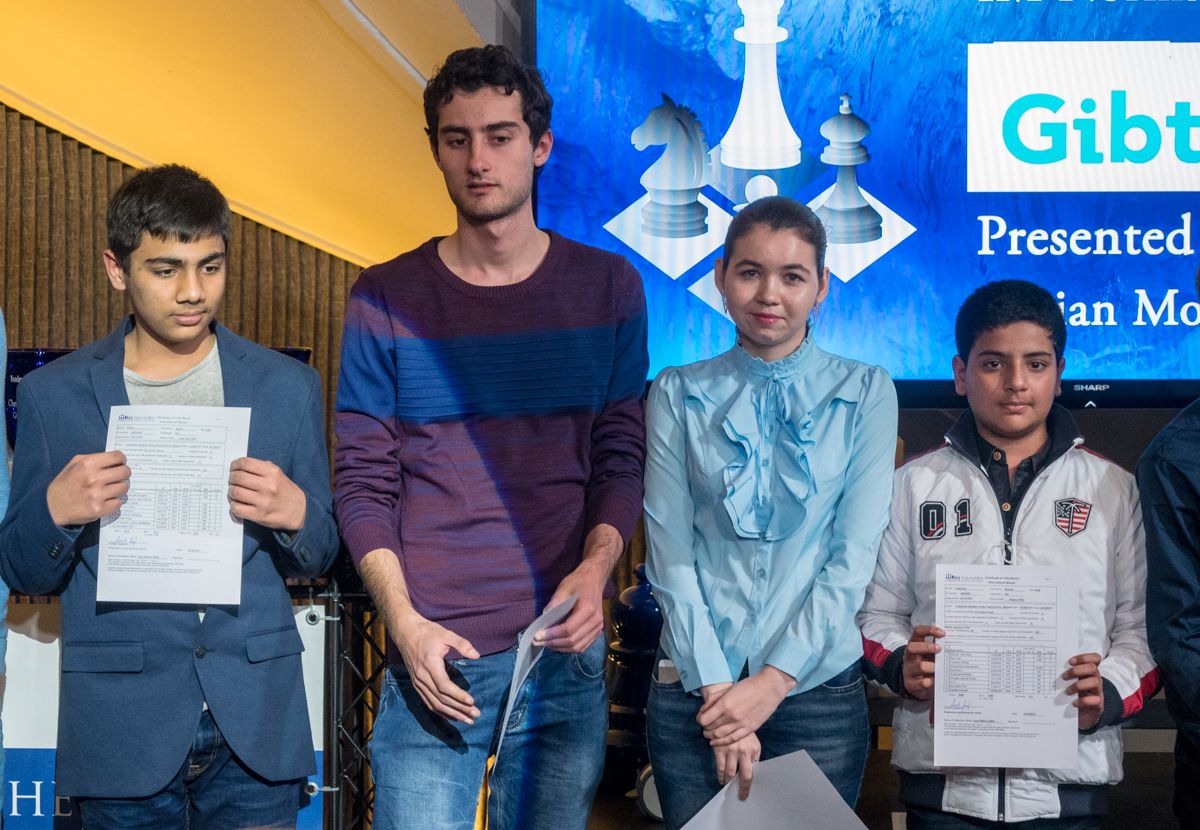
How To Become A Chess Grandmaster
Next to becoming the world champion, grandmaster is the ultimate summit for the competitive chess player. Out of the millions of chess players around the world, a little over 1500 current chess players have reached the height of grandmaster!
The World Chess Federation, known as FIDE (Fédération Internationale des Écheсs) gives chess players appropriate titles based on their achievements. The highest of these titles is grandmaster. Titles are achieved by chess players reaching a specific Elo rating, as well as achieving norms. Norms are awarded by a players' performance in a norm tournament.
Are you wondering how to achieve that? Here are the five main steps to become a chess grandmaster.
1. Start young.
Learning the game of chess at an early age has many advantages. Children who are exposed to languages, music, and other disciplines at an early age can experience an easier time becoming fluent. Like languages and music, the complexities of chess take years to master, and a child that starts the game somewhere between the ages of five to eight on average have a head start. At this age, the child's brain is ready to absorb all the new lessons, tactics, and ideas which are fundamental to becoming a strong player.

GM Nihal Sarin, WGM Vaishali Rameshbabu, and GM Praggnanandhaa Rameshbabu
2. Work hard.
Even the most talented players that become grandmasters, such as the 13th World Champion Garry Kasparov, work hard and make sacrifices to achieve their goal. Having a daily study routine that covers intensely all three phases of the game, the opening, middle-game, and endgame is necessary to strengthen your chess skills. Finding a great coach to help mentor the process can help a developing player by pointing out weaknesses and strengths, as well as make the learning more efficient.

3. Play tournaments.
A chess player has to lose thousands of games, study those losses, learn from those losses, and come out a stronger player. Playing in tournaments gives you the opportunity to put your new knowledge to the test, learn about the psychology of competition, practice time management, and gain the experience necessary to become a strong player.

Kids that start early also learn to play without fear in competitions.
4. Score three norms.
To score the necessary three norms on the way to becoming a grandmaster a chess player has to play in norm tournaments. Norm tournaments meet the criteria of having at least three grandmasters from different countries, nine rounds, and a time control that is at least 120 minutes. In addition, an international arbiter must be present to make the rulings during the event. Lastly, the chess player seeking to score a norm must have a 2600 Elo performance for that tournament.

IM norms given at the Gibraltar Chess Festival.
5. Earn a 2500 FIDE rating.
In addition to the three norm requirements mentioned above, a chess player still must cross the 2500 rating requirement to be awarded the title of grandmaster.

Vishy Anand with Nihail Sarin and Praggnanandhaa, both are under 15 and have achieved already the grandmaster title. They are probably the two most promising chess players in India right now.
Do you also want to learn how other titles work? Below is a small summary of the requirements to obtain each title:
FIDE Titles:
- Candidate Master (CM) - Elo rating of 2200
- FIDE Master (FM) - Elo rating of 2300
- International Master (IM) - three norms and an Elo of 2400
- Grandmaster (GM) - three norms and an Elo of 2500
Women's Titles:
- Woman Candidate Master (WCM) - Elo rating of 2000
- Woman FIDE Master (WFM) - Elo rating of 2100
- Woman International Master (WIM) - Elo rating of 2200
- Woman Grandmaster (WGM) - Elo rating of 2300
Now it's your turn! Which title are you trying to achieve? Let us know in the comments. ![]()






